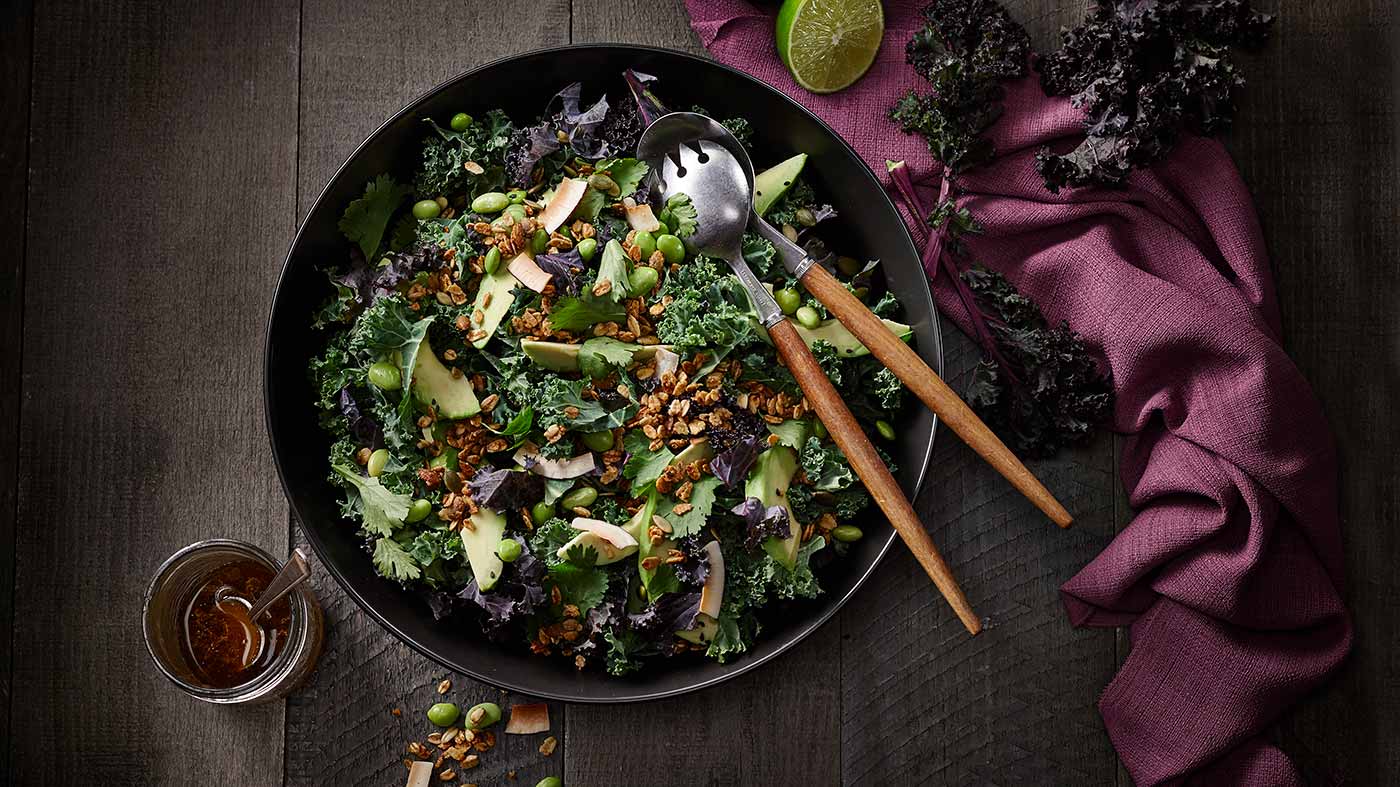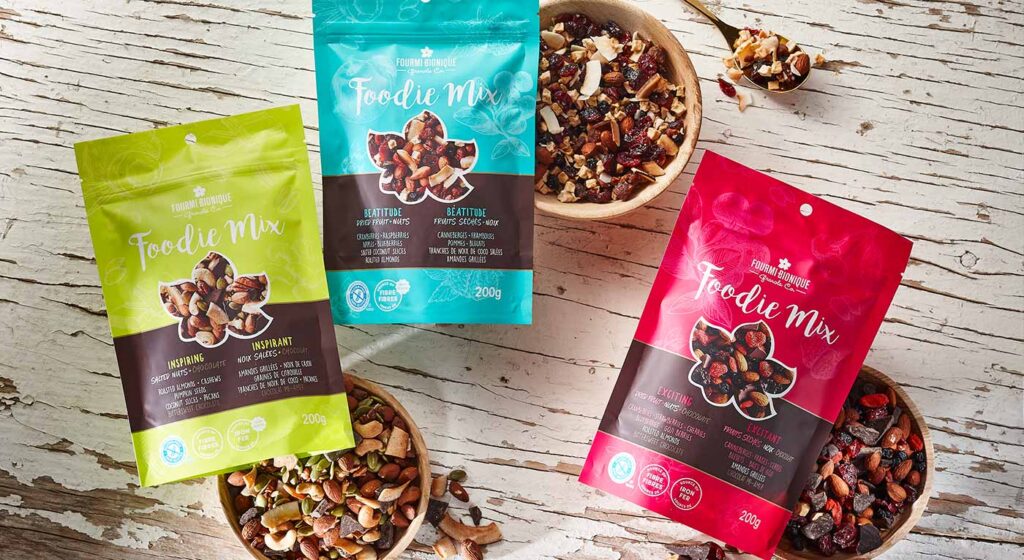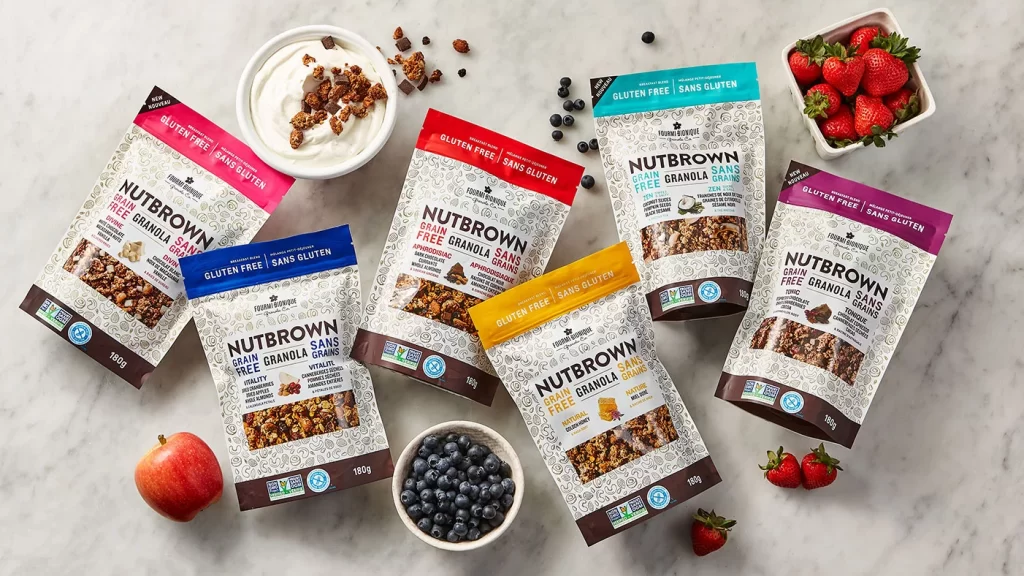Eat better and eat less while preserving our planet
Am I eating enough? Did I order enough? Are the servings at your restaurant generous? Why not ask yourself, “Am I meeting my appetite and energy needs for the day? Do I need this much food? Will I waste a portion of my meal or eat my entire plate because I feel obligated to do so?”
There is a lot of talk about food waste and its harmful effects on the planet, but how can we concretely and individually contribute to the solution? Here, I offer my perspective, and it doesn’t involve buying a new electric car. On the contrary, you will save money with my approach…

Let’s declare war on dieting and junk food. Why? To save the planet.
In my twenties, as I began an intensive fitness regimen, I saw the importance of proper nutrition in maintaining a healthy weight, and that it went further than physical activity, an 80:20 ratio. Naturally, the two go hand in hand for optimal health and adequate energy levels; however, it’s also possible to maintain a healthy weight without regular physical activity, just as physical activity can lead to weight gain if you do not choose the right foods, as appetite increases at the same rate as energy is expended.
So, when I developed my first cereal blends, I was aware of the nutritional density, without being an expert in nutrition, but through the experience of satiety. It was the beginning of a journey toward greater food literacy.
Maybe we should go back to basics and ask ourselves whether we’re really listening to our hunger, respecting our satiety signals and making effective food choices. Eating should certainly be a pleasurable activity, but beyond that, it is our fuel to function.
It’s not about overfilling the tank, but filling the need to keep going until the next refuel. I question whether this comes from an unconscious, primitive genetic inheritance, but I believe we’re all afraid of not eating enough. And yet, our plates and pantries are overflowing with food. And when we don’t finish our entire plate, we feel disappointment from all around us: the waitress will think you didn’t like your meal, your parent will be disappointed to see all that wasted food, and your significant other will feel that their work preparing the meal goes unappreciated. And you may have just eaten to your satisfaction! But that fact doesn’t matter in our society. Standard practice is to finish everything on your plate, no matter the impact on your health, your own well-being or that of the planet.
What if we made better food choices and reduced our portions?
There are different solutions and behaviours that can help when it comes to food. For example, the simple act of reducing overall meat consumption can certainly help, but why not the quantity consumed as well? Portion sizes are not adapted to all appetites or energy levels. The result: excess weight, increased inactivity, loss of self-esteem and associated health problems.
This is not a war on calories, but rather a war on the amount of food we consume on a daily basis that does not necessarily reflect our satiety and energy levels. Our appetite becomes an infinite black hole when we only consume calorie-dense foods with little nutritional benefit–an infinite and perpetual battle with hunger. But if we eat hyper-performing foods in terms of taste and satiety, it’s easy to forget that it’s lunchtime because we’re still metabolizing the rich foods we consumed for the first meal of the day…
Now do you see where I’m going with this 😊?

The Inspiration For My Products
When I was younger, I played sports and my drink of choice to hydrate was Diet Coke–things have changed since then, and so have my habits. The main driver for me to learn about food and nutrition and adopt new eating habits was not weight loss, but the pursuit of energy.
I began exercising more and appreciating all the benefits it had on my physical and mental health. But I quickly realized that my old eating habits weren’t suited to this new lifestyle. I then became much more sensitive to the quality of my food and its energetic function.
Over the years, I realized the importance of drinking water throughout the day, eating a hearty breakfast every morning and limiting my portions by questioning my appetite and avoiding the pressure to please others by finishing my plate and ordering less at restaurants.
It was a lasting transformation, as to this day, these new habits remain with me and keep me from dieting, despite three consecutive pregnancies and a ten-year hiatus of little to no exercise.
If you’re interested in maintaining a stable weight and breaking free from the cycle of dieting and the downward slope of annual weight gain, I urge you to consider the impact of your food choices on your well-being: is it good for me and good for the planet?


